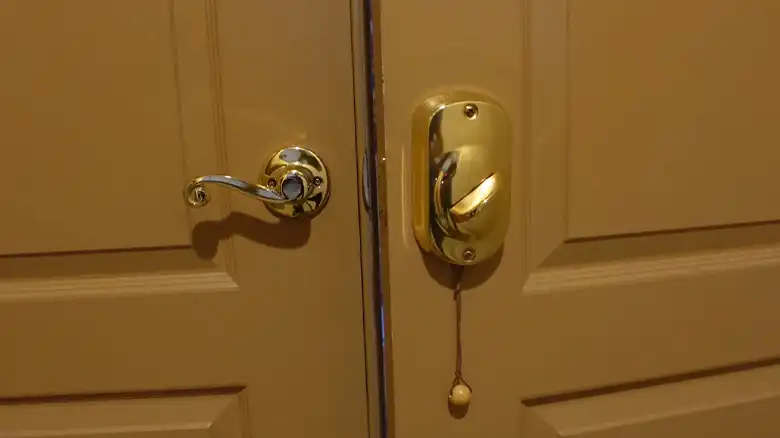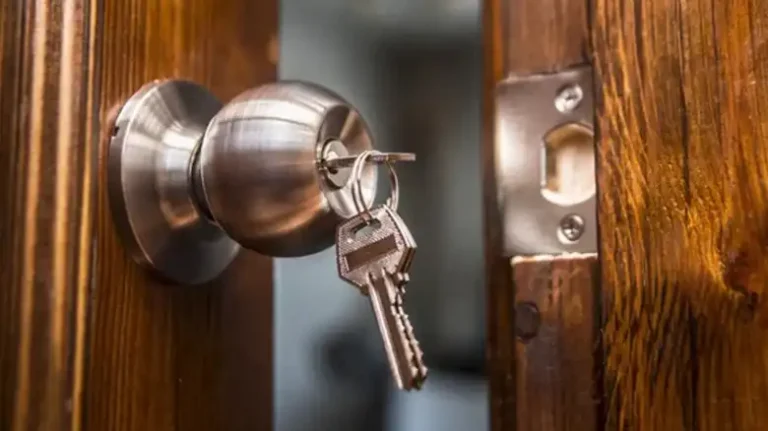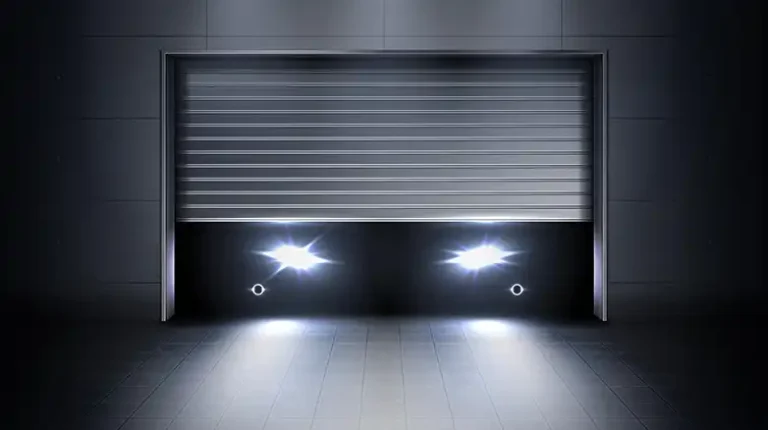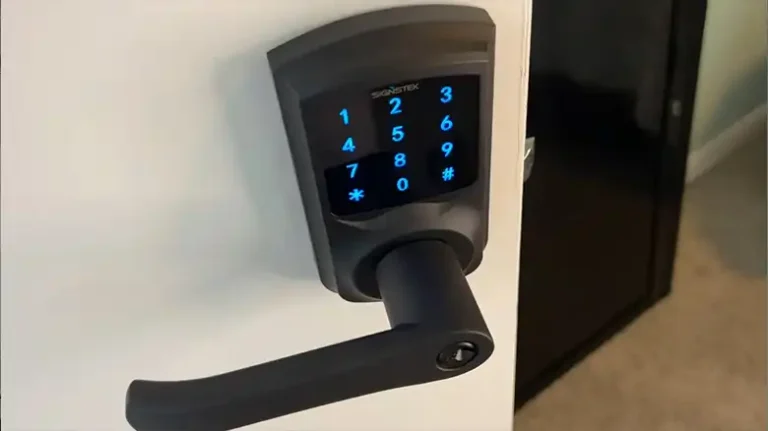Can I Legally Put a Lock on My Bedroom Door | Let’s Find Out
Let’s imagine, you’ve had a long day, and all you want is some peace and privacy. You head to your bedroom, expecting comfort, but alas, the outside world seems to follow you everywhere.
Whether it’s nosy siblings, curious roommates, or just a general desire for personal space, the idea of putting a lock on your bedroom door might have crossed your mind. But hold on a second! Can you legally do that? Well, the answer is both yes and no. There are scenarios where doing something is legal and others where it isn’t.
In this article, we’ll explore the legalities, the situations where it’s possible, and those where it’s not, so you can make an informed decision.

Is It Possible to Put a Lock on the Bedroom Door
Short answer Yes, it’s generally possible to put a lock on your bedroom door, but the legality and feasibility depend on various factors, including your living situation, local laws, and the reasons behind wanting that lock.
Now, let’s go deeper into the nuances of this seemingly simple question.
When Is It Possible
Here are some scenarios, when you can put a lock on your bedroom door legally.
Homeownership
If you own your home, you likely have the freedom to make modifications, including installing a lock on your bedroom door. As you are the owner and have the local code clearance then you can do whatever you want with your house.
This is especially true if it’s for security or privacy reasons, like safeguarding valuable possessions or personal space.
Long-term Lease (Renter’s Paradise)
When you rent a room in a house or apartment, you are essentially leasing the use of that room from the landlord. This means that you have certain rights and responsibilities, as outlined in your lease agreement.
One of the rights that tenants typically have is the right to privacy. This means that you have the right to keep your belongings and personal space safe and secure. Many landlords understand this and allow tenants to install locks on their bedroom doors. This gives tenants more control over their privacy and security.
Safety and Security Concerns
In some cases, it’s not just about privacy, it’s about safety. If you live in an area with a high crime rate or have experienced security issues, putting a lock on your bedroom door may be justified. In such situations, it’s usually legal and advisable.
Consent of All Parties
If you share your living space with others, whether family members or roommates, it’s crucial to obtain their consent before installing a lock. Open communication can prevent misunderstandings and legal complications.
When Is It Not Possible
Apart from the aforementioned scenarios, there are some other different situations, when you won’t be able to put a lock legally.
Rental Agreements and Landlord Policies
Renters often face restrictions imposed by rental agreements or landlord policies. Before installing any locks, carefully review your lease agreement and consult your landlord if necessary. Violating these agreements could lead to eviction.
Fire Safety Regulations
In many regions, building codes and fire safety regulations strictly prohibit locks on bedroom doors that require a key for exit. This ensures a quick and safe evacuation in case of emergencies.
Child Safety Concerns
If you have young children in the house, building codes may prohibit bedroom door locks due to child safety concerns. Ensure your modifications don’t compromise their safety.
What to Do if Installing a Lock Is Prohibited on the Bedroom Door
So, what if you’re in a situation where installing a lock on your bedroom door is not possible Don’t worry; there are alternatives
Consider a Portable Door Lock
Portable door locks can be used without modifying the existing door or frame. They provide an added layer of security and privacy.
Talk to Your Landlord
If it’s a rental property, discuss your concerns with your landlord. They may be open to compromise or suggest alternative security measures.
Enhance Your Personal Security
Invest in a quality home security system, security cameras, or door alarms to ensure your safety and peace of mind.
Negotiate with Roommates or Family
If privacy is the issue, have an open conversation with the people you share the space with. Establish boundaries and work towards a mutually acceptable solution.
Legal Advice
If you believe your rights are being violated, seek legal counsel to understand your options and the best course of action.
People Also Ask – PAA
Can I install a lock on my bedroom door without notifying my landlord?
It’s essential to check your lease agreement and local laws. Generally, it’s advisable to inform your landlord and obtain written permission to avoid legal complications.
Can my landlord enter my bedroom if I have a lock on the door?
In most cases, landlords can enter rented premises for maintenance or emergencies. However, they should provide notice, and the lock should not impede their access in case of necessity.
Can I install a lock on my child’s bedroom door for safety?
Child safety should be a top priority. It will depend on their age, if they are underaged then it won’t be a wise decision to take.
What if my roommate objects to me installing a lock on our shared bedroom door?
Communication is key. Discuss your reasons and concerns with your roommate. Consider alternative solutions to ensure both parties feel comfortable and secure.
Are locks on bedroom doors illegal in the UK?
No, locks on bedroom doors are not illegal in the UK. However, there are some restrictions on the type of lock that can be installed and where it can be installed. For example, it is illegal to install a lock that prevents the door from being opened from the inside in case of an emergency. It is also illegal to install a lock that is too difficult to open for emergency services.
Conclusion
In the quest for privacy and security within the confines of your home, the question of installing a lock on your bedroom door is indeed a valid one. While it’s generally possible, it’s crucial to navigate the legal and practical aspects wisely. Always prioritize open communication, safety, and adherence to local regulations. Your home should be your sanctuary, a place where you can find peace, and sometimes, that peace comes with a lock and a key.
We hope this article has shed light on the legalities surrounding this issue and provided guidance on when and how to proceed. If you have any more questions or need further clarification, please feel free to leave a comment in the section below. Your privacy and security matter, and we’re here to help you achieve both.
Thank you for reading, and may your home always be your haven of peace and tranquility.



![[Explained] What Router Bit for Door Hinges?](https://doorsuggest.com/wp-content/uploads/2023/10/What-Router-Bit-for-Door-Hinges-768x431.webp)
![[Explored] How to Lock Schlage Door From Outside](https://doorsuggest.com/wp-content/uploads/2023/10/How-to-Lock-a-Schlage-Door-from-Outside-768x431.webp)
